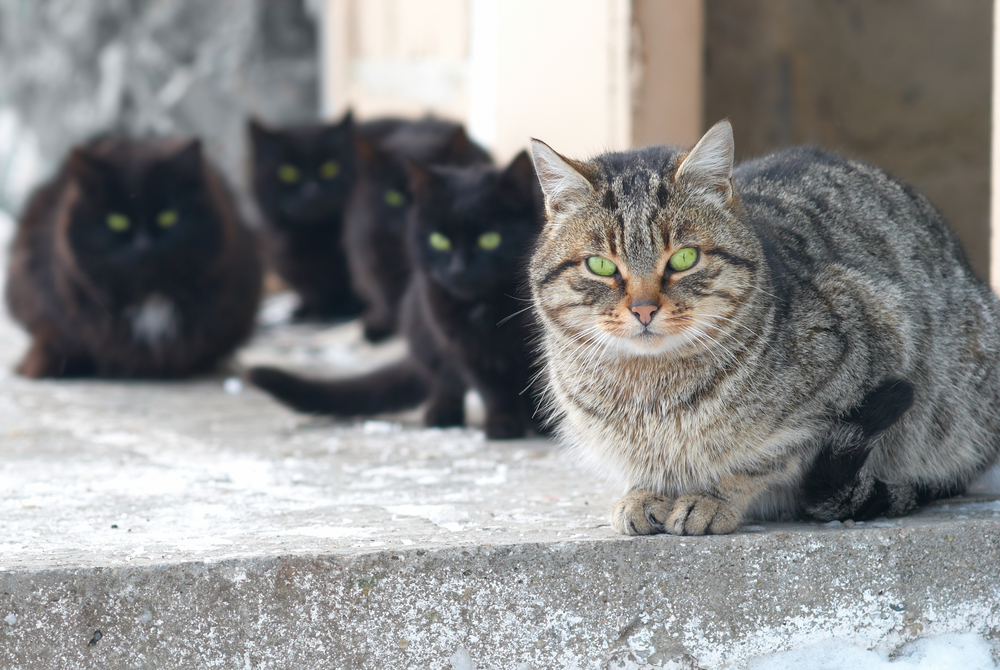CORNWALL, Ontario – Locals wasted no time in registering to have their pet spayed or neutered with the OSPCA’s mobile clinic, which is coming to Cornwall on July 9 and 10. According to Melissa Kosowan, OSPCA Associate Director of Communications, appointments were booked within a matter of days.
“Over the two days (in Cornwall), we have 20 cats and 10 dogs booked in for each day,” said Kosowan.
The expansive 38 ft. trailer, equipped to provide spay/neuter surgeries, wellness exams, microchipping and vaccinations, is stopping in the city as it travels to under serviced areas in the region. The mobile service was made possible through a Pet Valu grant and will strive to better control pet overpopulation in the province, building relationships with local pet owners and veterinarians along the way.
“We are approached by communities where there is a need to make accessible spay/neuter services available to pet owners who might not otherwise be able to access the services…in October 2018, the Ontario SPCA and Humane Society partnered with the Welland & District SPCA to bring a mobile spay/neuter clinic to the community (of Cornwall) to help address the pet overpopulation, particularly cats. That clinic was very successful. We are now returning with the Ontario SPCA’s own mobile unit,” said Kosowan.
Kosowan said that the OSPCA and Humane Society are aware of the issue of cat overpopulation in Cornwall.
“We are available as a resource to the City of Cornwall to help develop a long-term solution to this challenge,” said Kosowan.
Local feral cat activists are eagerly waiting for the findings of the City’s Cat Consultation Survey, which was launched in February, to better determine if more funds should/will be allocated to address our cat overpopulation problem.
“The cat survey was done months ago and we were told it was one of Cornwall’s biggest surveys, which was great to hear. I know everyone is fed up, as well as all the rescues around,” said feral cat activist Mary Jane Proulx. “We really need a mobile clinic here for (a few) weeks and get a team together to trap. Then after (that), the clinic can come once every 6 months.”
“Every pet owner can play a role in reducing pet overpopulation,” said Kosowan. “We urge anyone who has a pet to establish a relationship with a local veterinarian and to have their pets spayed or neutered. It’s also important not to let animals roam, which can result in them ending up lost and potentially homeless.”




